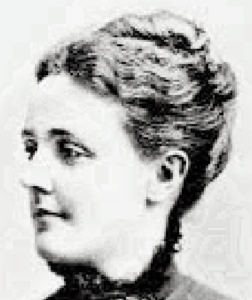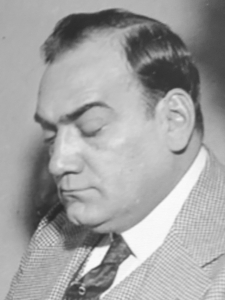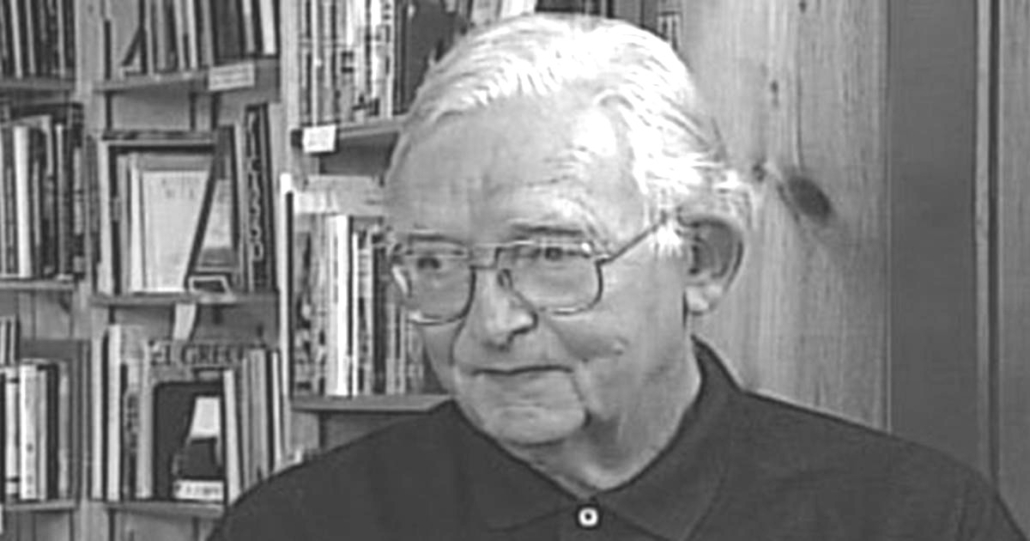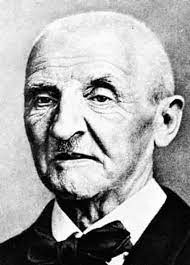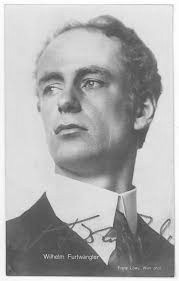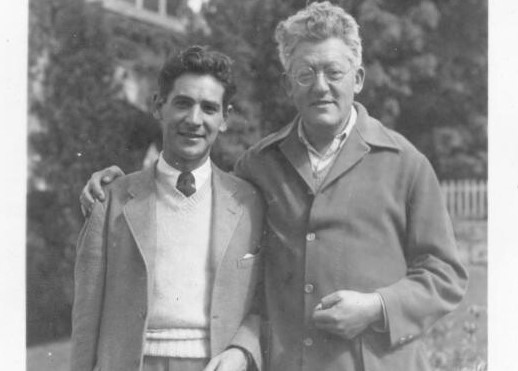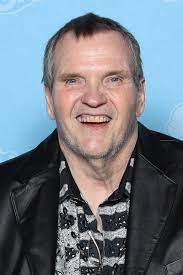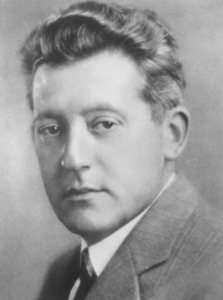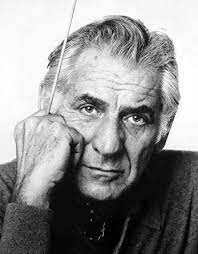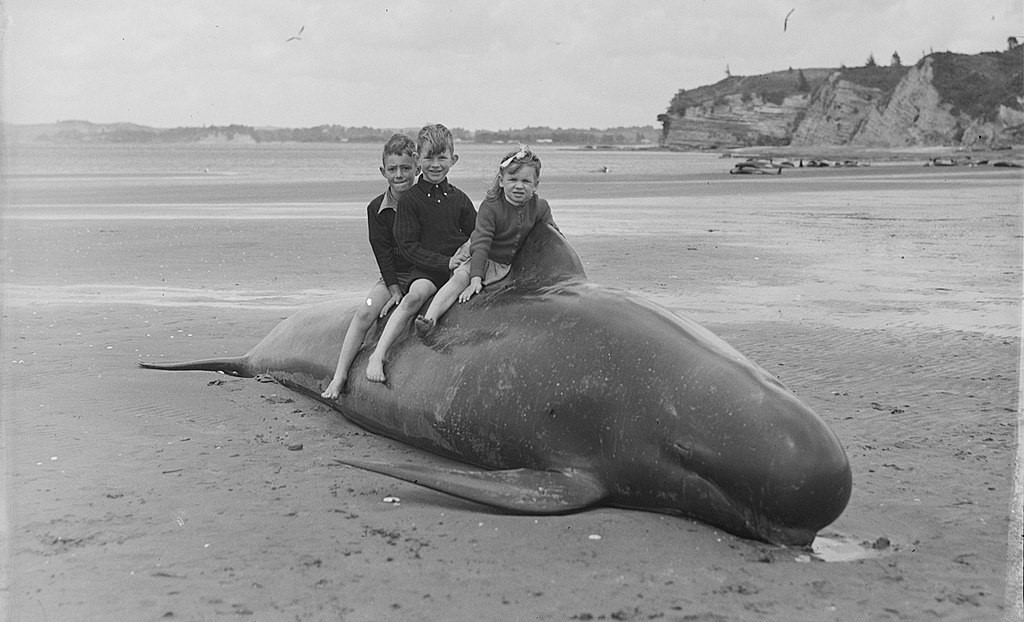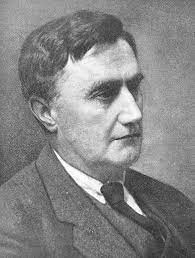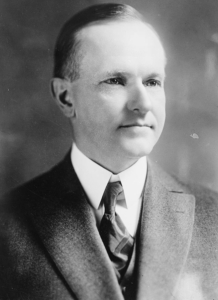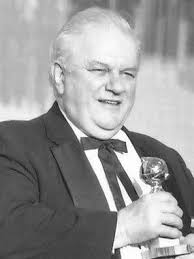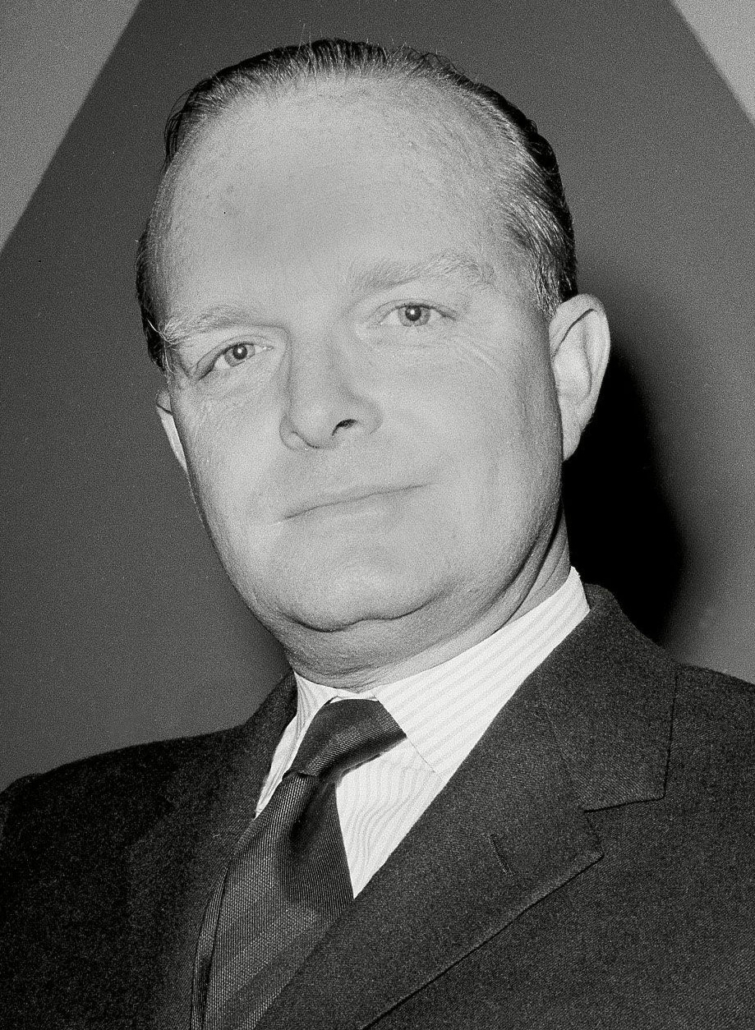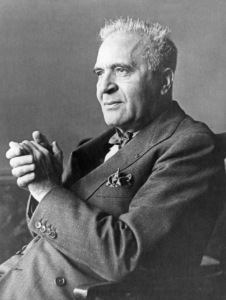REVIEW POTPOURRI – Writer: Sarah Orne Jewett
 by Peter Cates
by Peter Cates
Sarah Orne Jewett
I have read very little of Maine writer Sarah Orne Jewett (1849-1909) but that little includes a story I very much consider a masterpiece, The White Heron. It depicts a nine-year-old girl, Sylvia, who lives with her grandmother on a farm in a seaside community based on the ones near Jewett’s native South Berwick, such as Wells Beach, Ogunquit and Kittery.
Sylvia has the daily task of driving a cow back from the woods surrounding the house for milking. While doing so, she hears from a visiting hunter that he has seen a white heron, which is a rarity in Maine:
“‘You would know the heron if you saw it….A queen tall white bird with soft feathers and long thin legs. And it would have a nest perhaps in the top of a high tree, made of sticks, something like a hawk’s nest.'”
The description of Sylvia climbing 100 feet or more to the top of an adjoining pine tree atop the highest ridge to get a closer look at the heron and its nest constitutes one of the scariest passages in a story for any reader such as myself who suffer from vertigo:
“Sylvia’s face was like a pale star, if one had seen it from the ground, when the last thorny bough was past, and she stood trembling and tired but wholly triumphant, high in the tree-top….Westward, the woodlands and farms reached miles and miles into the distance; here and there were church steeples, and white villages; truly it was a vast and awesome world.”
Nebraska novelist Willa Cather (1874-1948) once commented that My Antonia was heavily influenced by Sarah Orne Jewett’s own sense of place.
The Mississippi writer Eudora Welty (1909-2001) wrote the following about place in fiction: “the goodness-validity in the raw material of writing…the goodness in the writing itself-the achieved world of appearance, through which the novelist has his whole say and puts his whole case.”
In her depiction of Sylvia’s own peak experience atop those dangerous heights, Sarah Orne Jewett achieved a magnificent sense of place.


